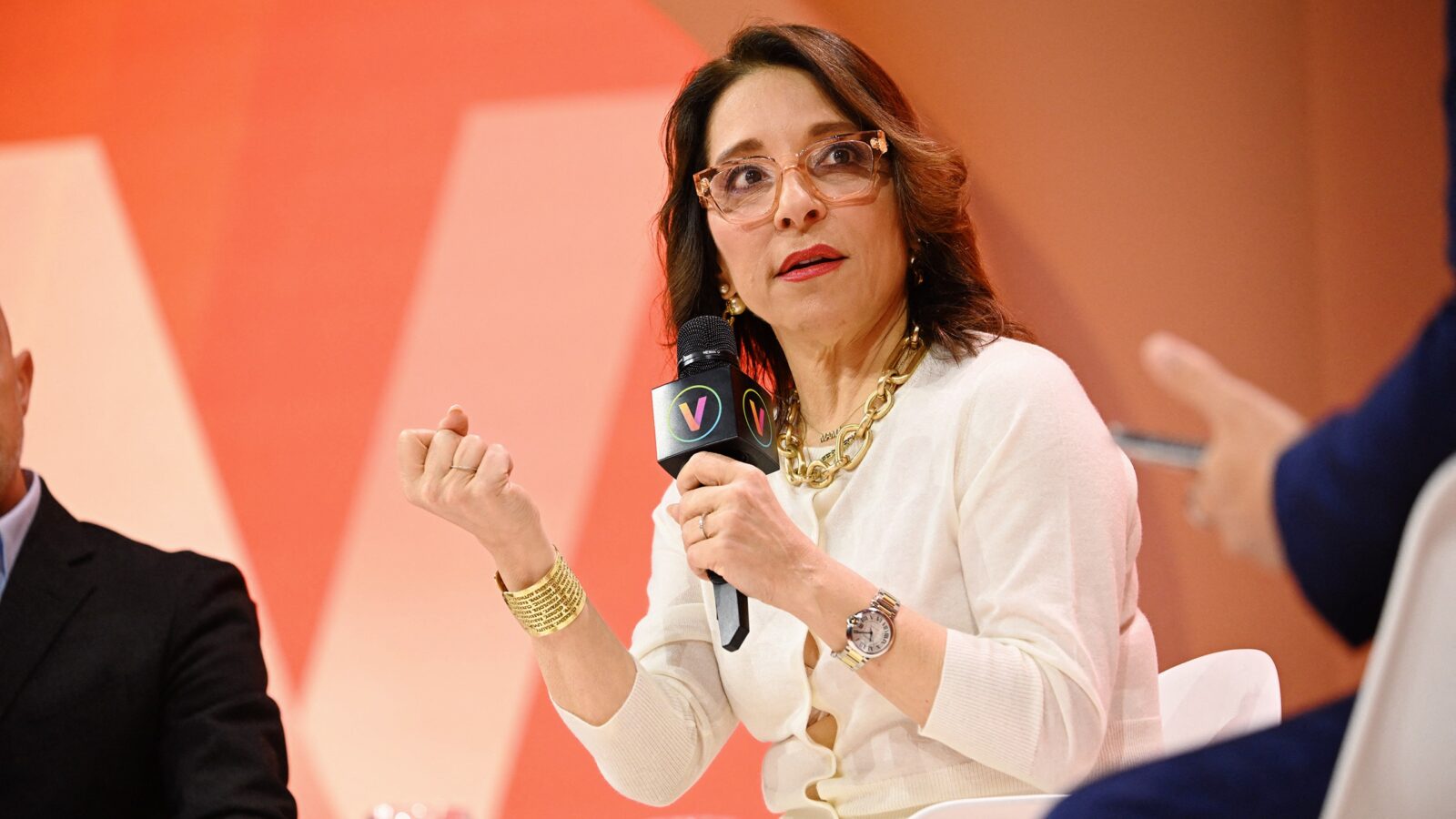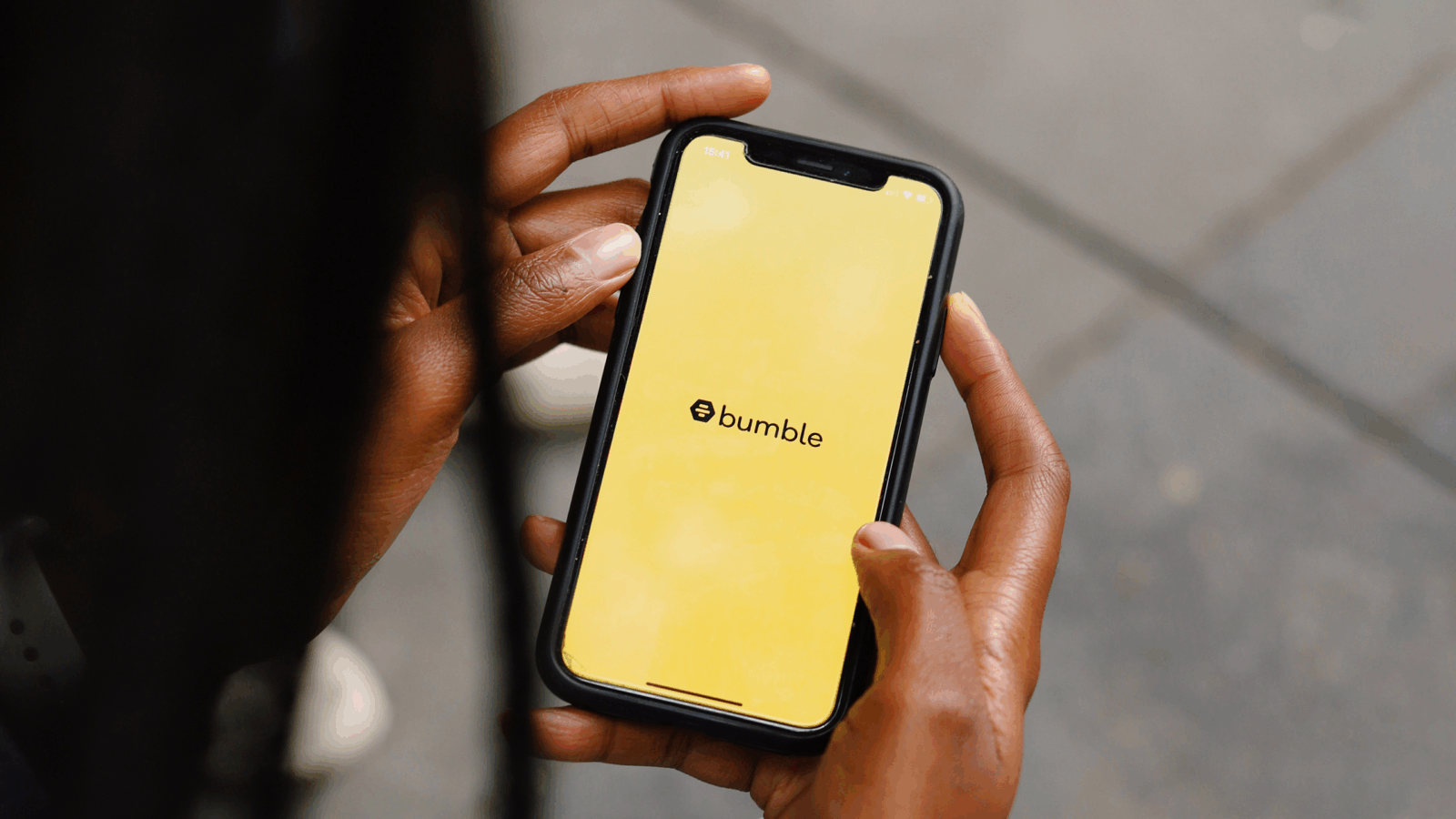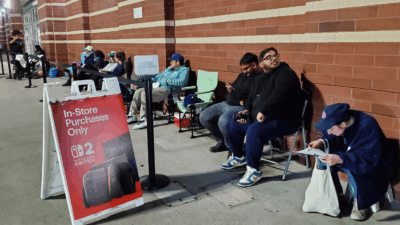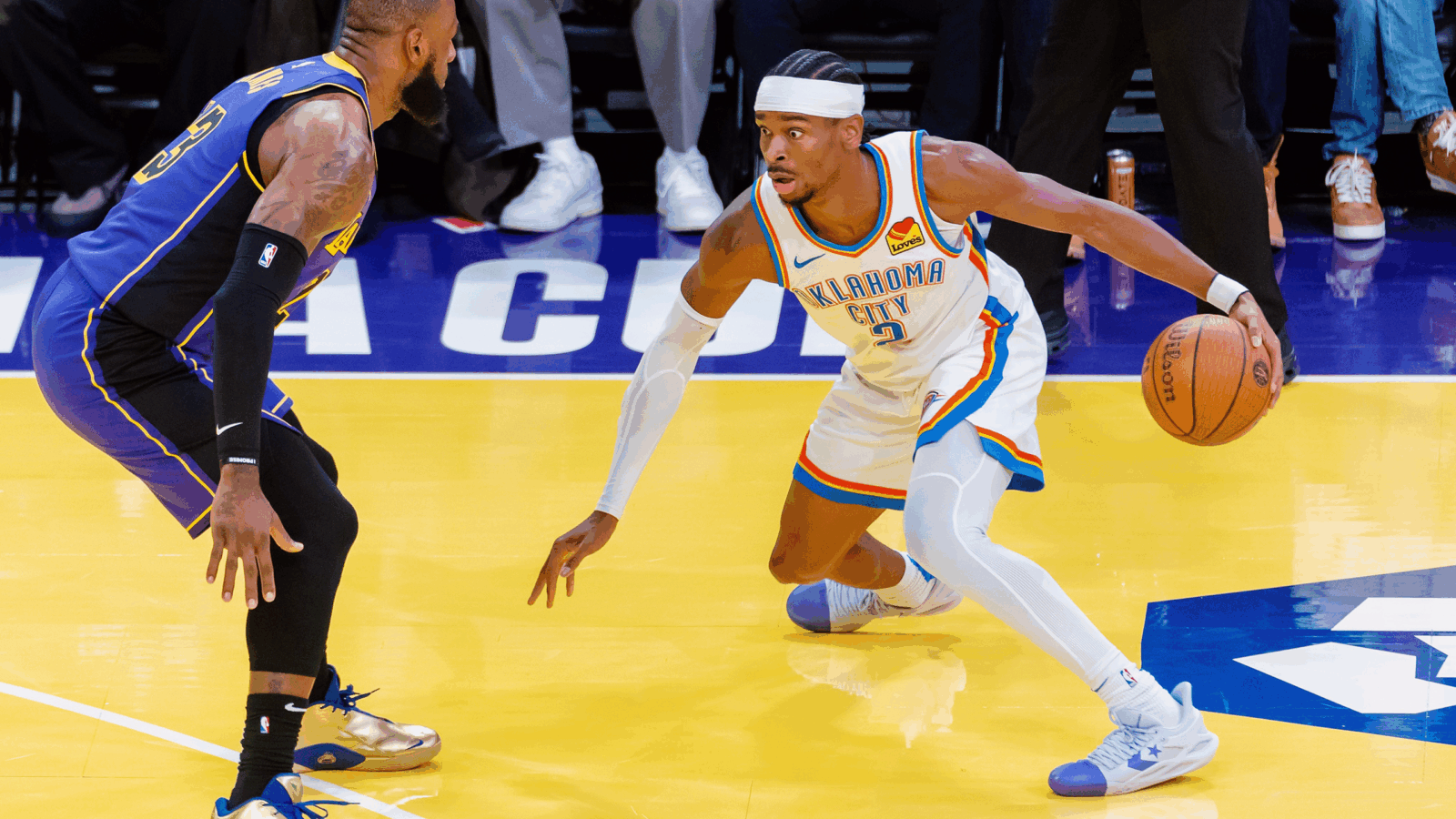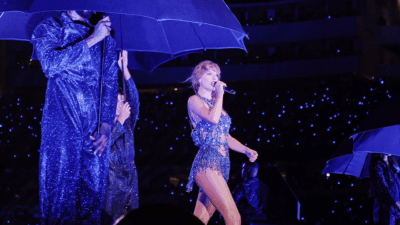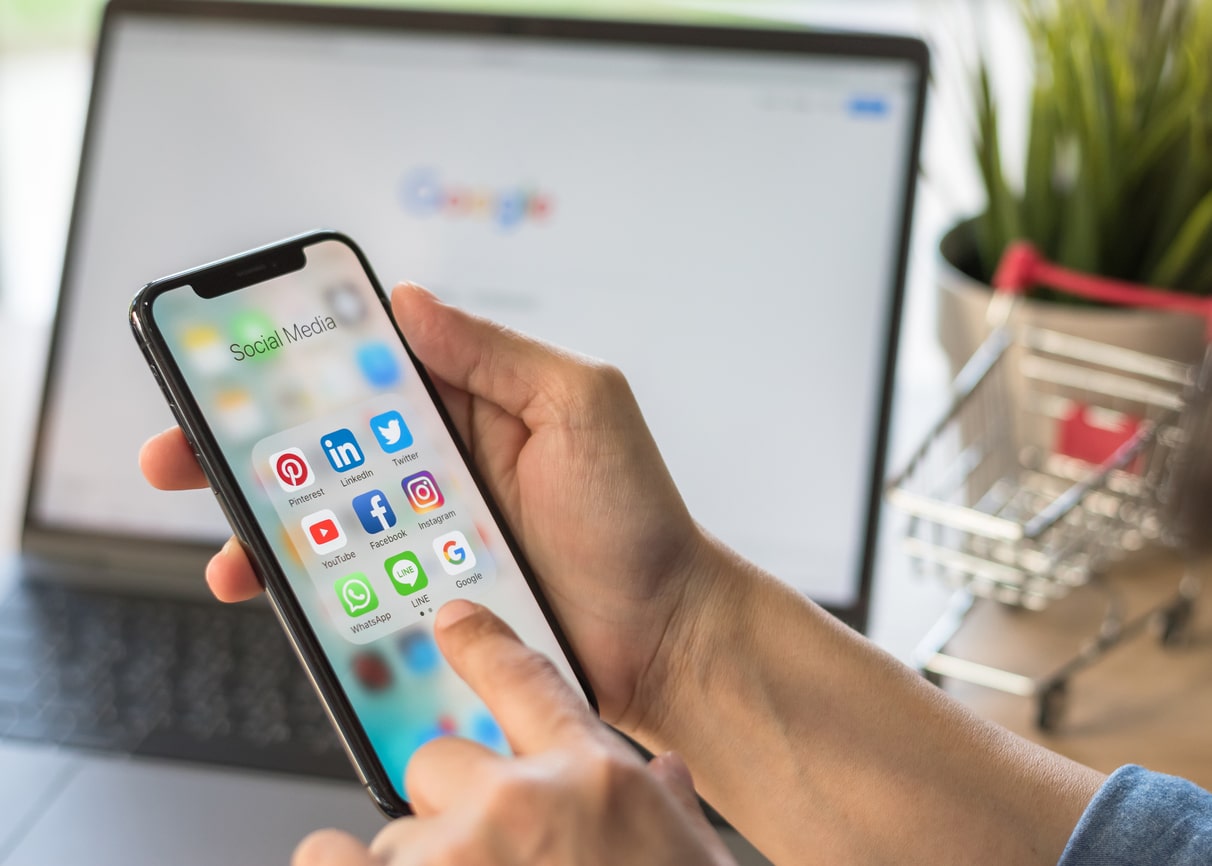
Sign up for smart news, insights, and analysis on the biggest financial stories of the day.
Rocker David Bowie hit on something back in 1997 when he became the first musician to use investments in his back catalog to raise capital. Since then, musicians such as Neil Young, Bob Dylan, Stevie Nicks, Bruce Springsteen, and Shakira have all gotten in on the act, and now YouTubers have a chance to do the same.
Los Angeles-based startup Spotter announced on Wednesday a $200 million Series D funding raise, with which it intends to pay popular YouTubers a lump sum in exchange for the ad revenue they earn on old videos. The money comes on top of the $555 million it brought in during three previous funding rounds, which it has used to entice such viral videographers as MrBeast and Dude Perfect to sign a deal.
El Dinero Habla
Most YouTubers have to rely on the revenue they earn from ads played during their clips to make a living. Spotter, and other companies like it, are now leveraging that ad revenue with upfront payouts averaging $1.5 million that creators can then use to grow their audience:
- MrBeast used his cash to build a Spanish-dubbed version of his channel, and his viewership has grown by over 300 percent — to 1.35 billion monthly views across all of his channels — since he signed the first of several deals he’s made with Spotter since 2019.
- To ensure the content it buys is viable during the five years its contracts last, Spotter steers clear of news and politics videos that can quickly grow stale, instead focusing on evergreen categories such as video game playing, cooking, and, of course, how to unclog a drain.
Ready Player 2 … and 3: Spotter isn’t alone in trying to profit off YouTubers’ success. Jellysmack has raised $500 million to use in a scheme similar to Spotter’s, and other venture capital firms such as Slow Ventures are also getting in on the action.
You Make It, You Own It: Most deals don’t require creators to turn over their intellectual property, and companies are mostly taking control of ad revenue for about five years, with profits then heading back to the creator. But some have taken a different route: Slow Ventures paid YouTuber Marina Mogilko $1.7 million last year in exchange for a 5 percent cut of all her future earnings.
